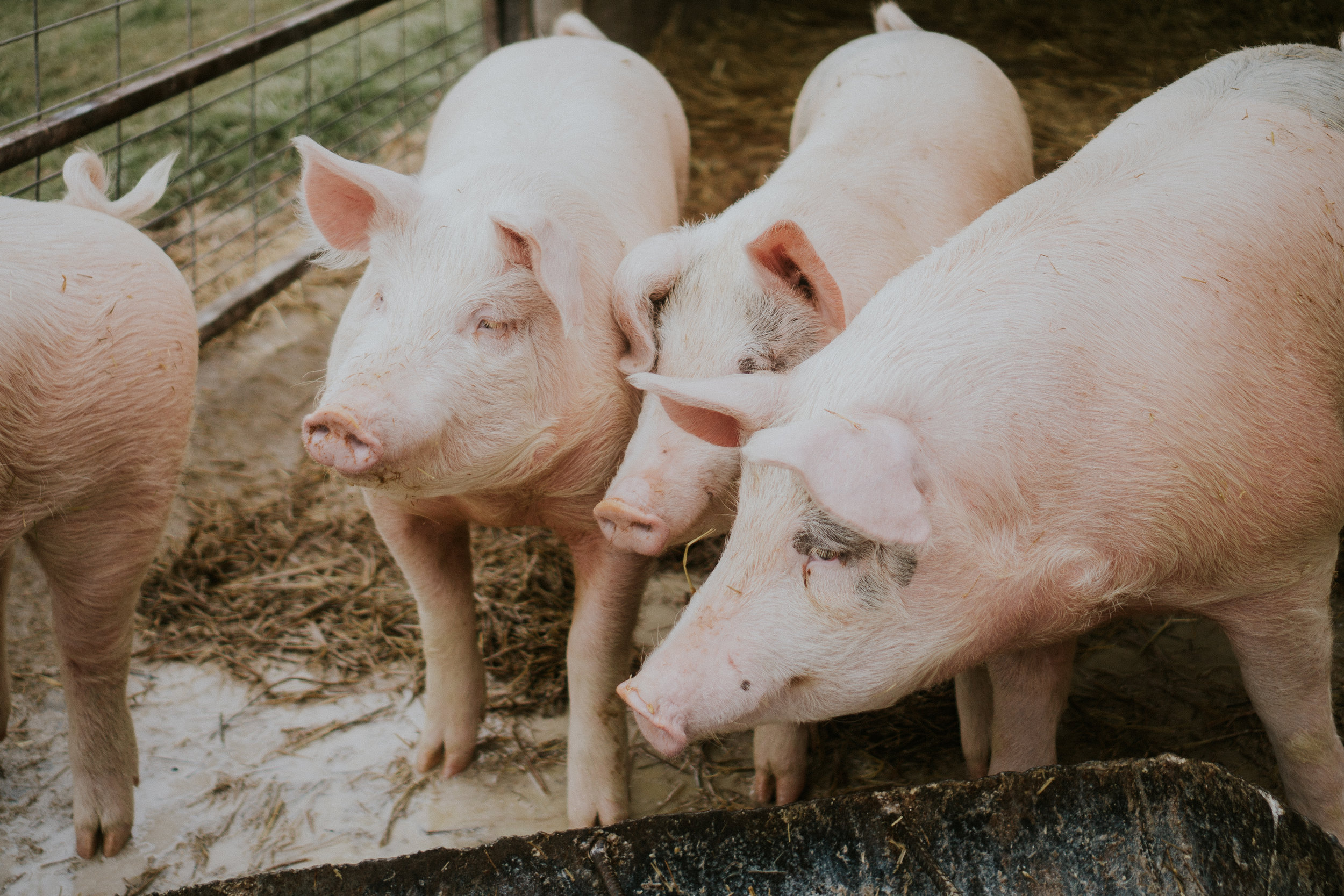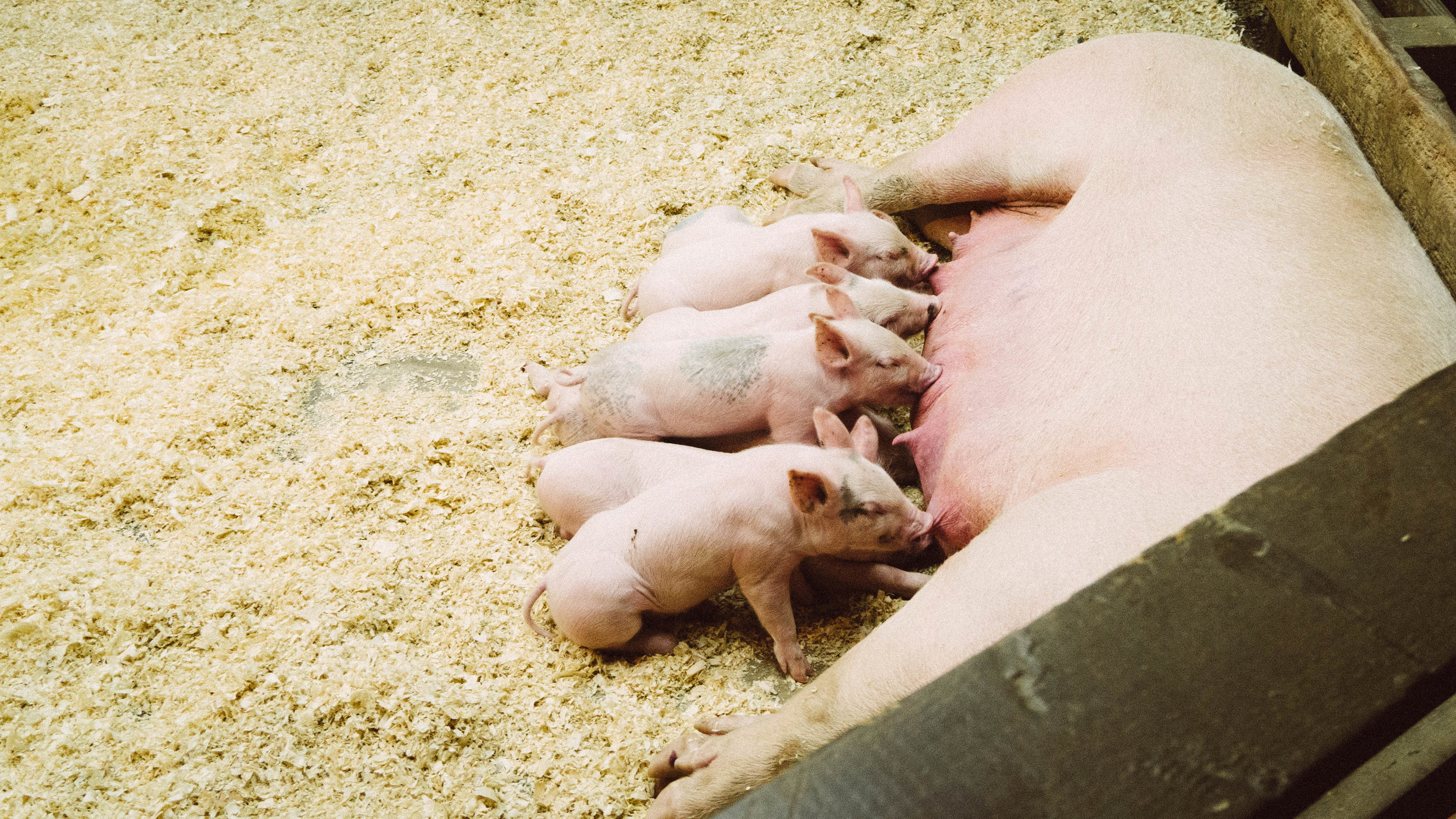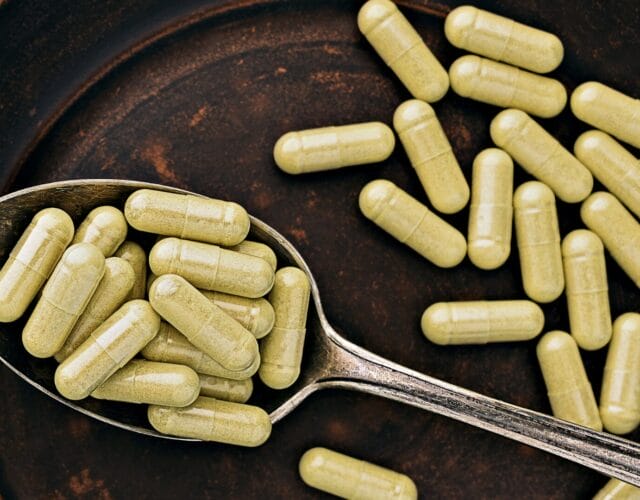
The poultry industry was quick to react with many of the leading poultry producers and restaurants that serve poultry have vowed not serve poultry raised with antibiotics. The pork industry is a different story.

Why, you may ask, are pork farmers so far behind chicken farmers in reducing their use of antibiotics? The reason is that pigs are much more complicated to raise. Chickens are hatched and then shipped to a farm where they stay and live out their life, which is roughly 48 days. Pigs, on the other hand, are born on a farm where they live with their mother for two-three weeks as they nurse. They are then shipped to another farm where they live for another 6-8 weeks until they are shipped to yet another farm called a “finishing farm,” where they are fattened up for 8 weeks. The longer life span as well as all of the moving from farm to farm makes the pigs more susceptible to disease.

What to do about it? Don’t worry, I am not going to tell you to stop eating bacon as I know I’d lose about half of my readers. What I would suggest is to, first, monitor how much bacon you are eating and save it for the occasional Sunday rather than every day on your sandwich. Second, know where your bacon comes from. China has about half of the world’s pig population and uses the most antibiotics in their meat. Niman Ranch is a brand to look for that doesn’t use antibiotics in their meat. Check out stores like Whole Foods, as well, who are knowledgeable as to which of their producers use antibiotics and which do not. In the meantime, try skipping the bacon at next Sunday’s brunch.
Happy and Healthy Eating!
Your Health Coach, Kelley




